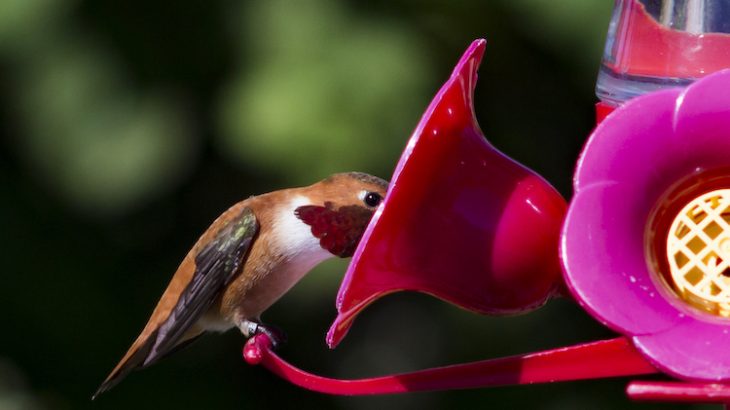
Robert Gooding-Townsend and Braydon Black, Science in Society co-editors On April 23, 2019, the federal government announced an $81-million initiative to allow researchers to analyze health data across provinces. Dr. Kim McGrail, at the University of British Columbia, will lead The Strategy for Patient-Oriented Research (SPOR) Canadian Data Platform. According to the website, SPOR “will […]






